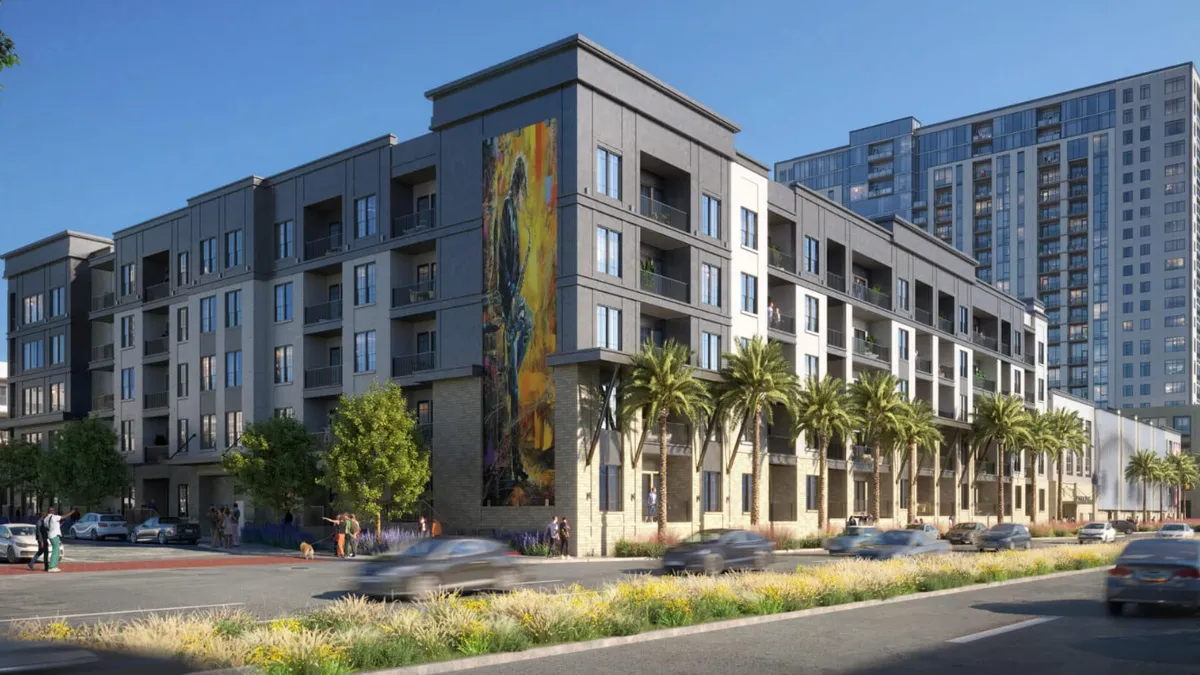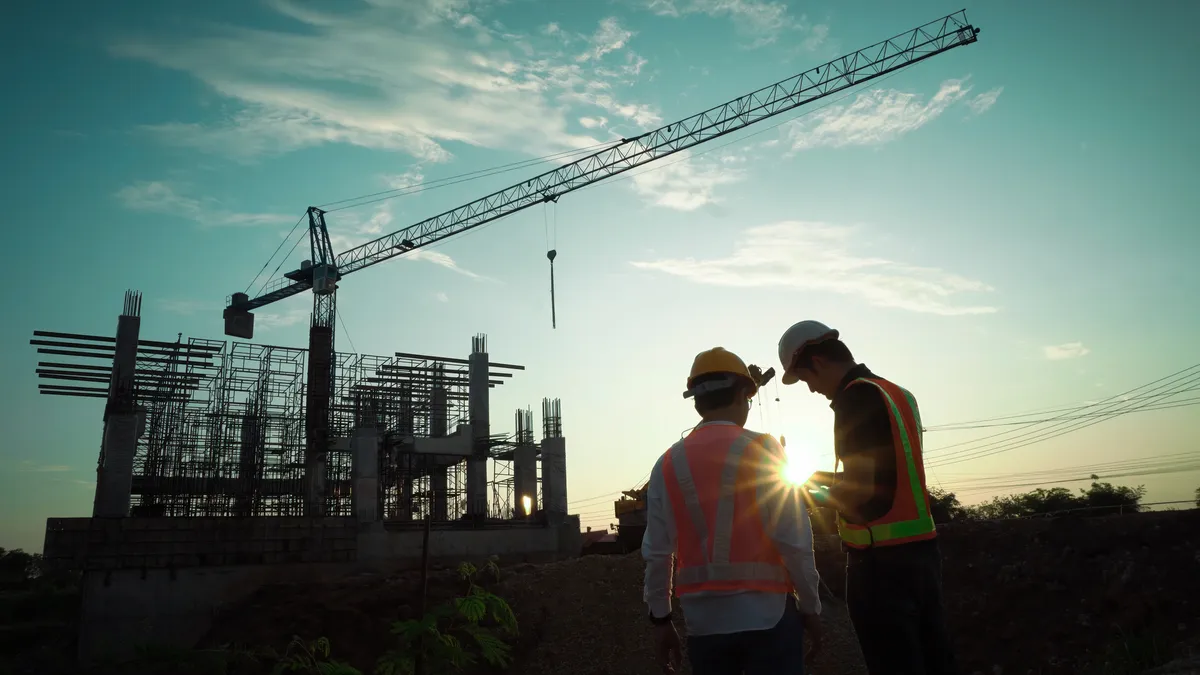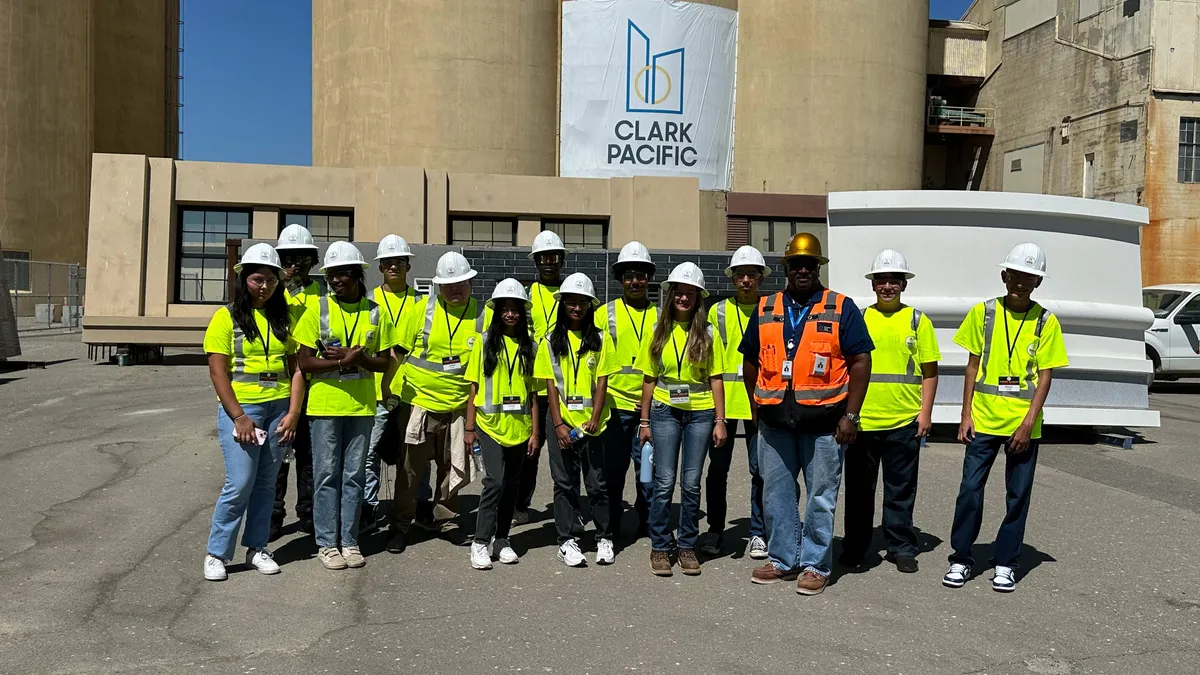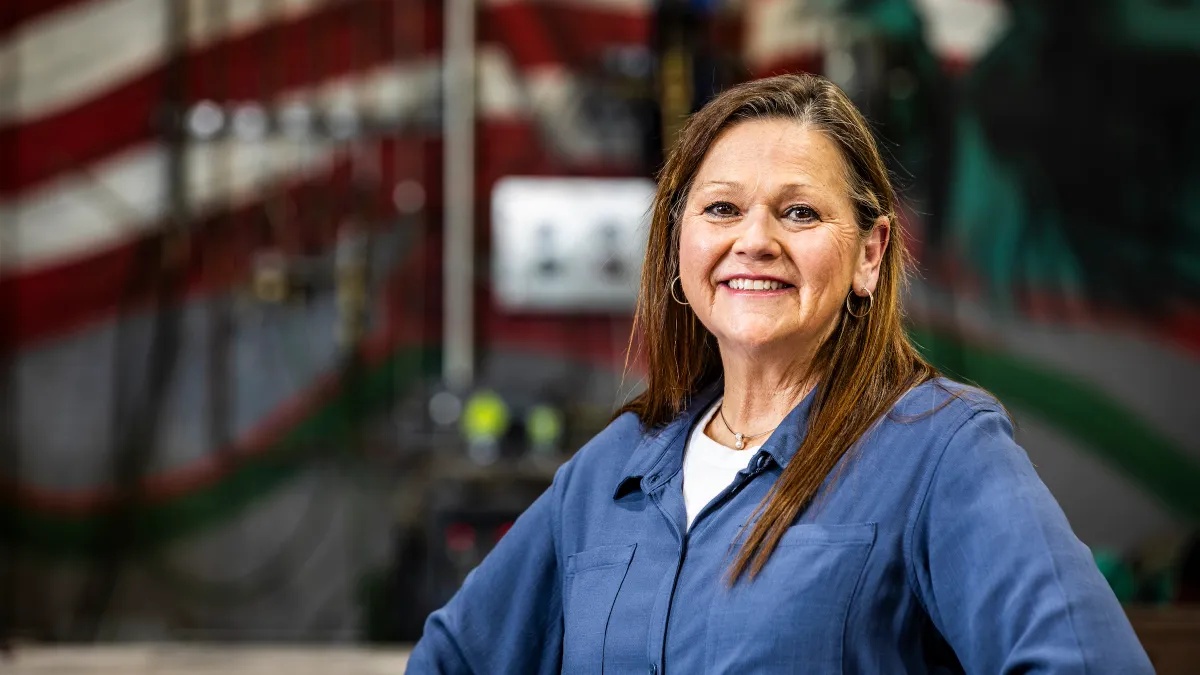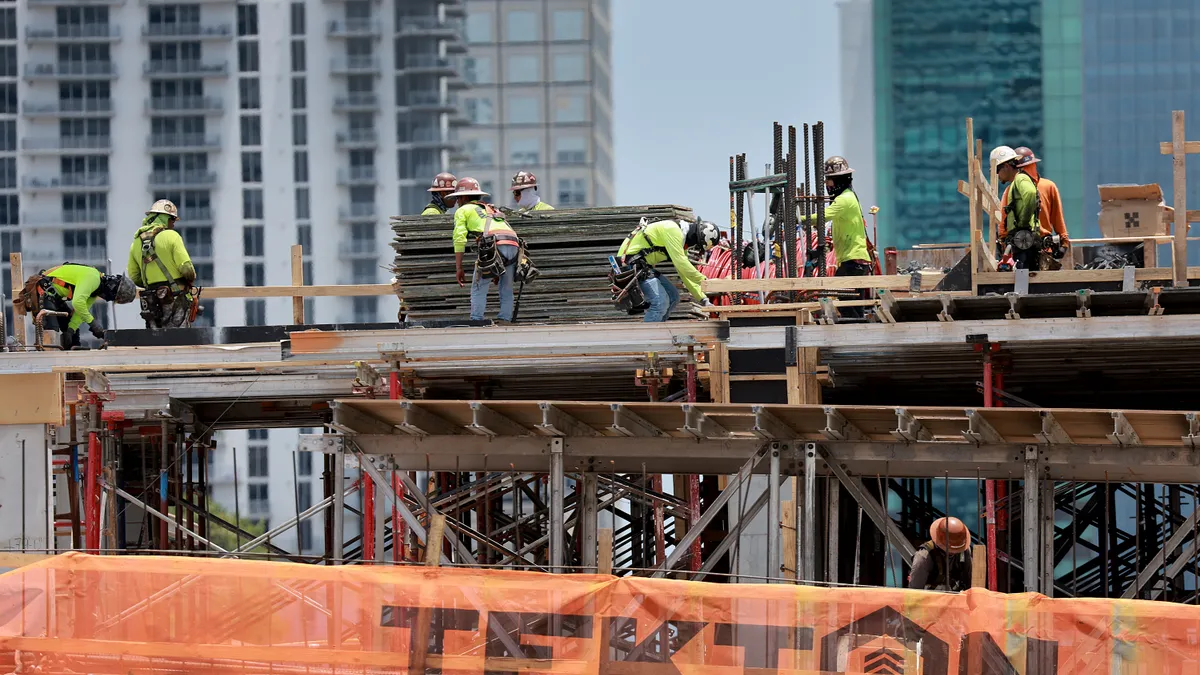This feature is a part of "The Dotted Line" series, which takes an in-depth look at the complex legal landscape of the construction industry. To view the entire series, click here.
Many construction firms have never had a legal dispute that couldn't be resolved quickly and amicably without a lawyer. But for those who aren’t so lucky, it can sometimes be surprising to take a good look at a construction agreement to see what legal remedies are available and find that a traditional jury trial is not even an option.
In those cases, the last legal stop could be arbitration.
Contractors sometimes conflate arbitration with mediation, which is another form of alternative dispute resolution in which contractors try to work out their differences with the assistance of a neutral third party well versed in construction law who is only there to be a sounding board.
Depending on the contract, said attorney Michelle Schaap of Chiesa Shahinian & Giantomasi, mediation is often required before parties move to arbitration or to a court trial. Those firms using the latest version of an American Institute of Architects contract, for example, have the option of choosing between the two if mediation is unsuccessful.
But to assume that mediation and arbitration have much in common is a big mistake, said J. Gregory Cahill, a construction litigation attorney in the Phoenix, Arizona, office of law firm Dickinson Wright. “I think the misconception is it’s just going to be so much cheaper and quicker than litigation.”
Traditional arbitration, according to attorney Quinn Murphy of Sandberg Phoenix in St. Louis, Missouri, allows for written discovery, depositions, subpoena power and live evidence to be given at scheduled hearings. “It’s designed to be more efficient and quicker,” Murphy said, “but, in the end, it looks a lot like a trial.”
There’s also an extra step. After arbitration in most states, the winning contractor must go to a trial court and register the award as a judgment so that it can pursue collection.
Selecting the arbitrator
And then there’s the matter of choosing the arbitrator. The parties to the contract decide how the arbitrator, or arbitrators, will be chosen, how many there will be and other details of the process. Arbitrators usually are selected from professional organizations like the American Arbitration Association and have either experience in construction, or at the very least, experience in contracts. The arbitrators' experience is up to the contractors to decide.
The arbitration process can be pricey because arbitrators are usually paid an hourly rate similar to that of an attorney. Not only do the parties pay for the time arbitrators spend at hearings, Schaap said, but for the time spent reviewing evidence.
And when arbitrators make the final decision, it’s binding. There's no appeal process unless bias or some other unethical behavior on the part of the arbitrator can be proven. Some contracts do provide for a court option if one of the parties doesn't agree with the result, but Schaap said that defeats the purpose of arbitration. Those who still want a trial post-arbitration can more than likely count on astronomical legal bills as well.
Being as specific as possible when drawing up the contract, Schaap said, will make a potential legal dispute easier to deal with. But she acknowledged that it’s difficult to anticipate every possible legal issue. “You can’t account for everything,” she said, noting that past experience with legal disputes can be the best guidance.
Not an easy process
Arbitration is not generally an easy process, but according to Cahill, it’s not supposed to be. The reason to go to arbitration, he said, is to have the dispute resolved in front of knowledgeable, experienced professionals.
“People have to realize that it is a substitute for litigation and [the goal is] to get to a fair, rational resolution based on the law,” Cahill said. “You can’t speed that up.”
But that hasn’t stopped contractors and their legal advisers from trying. Murphy said there’s a trend toward an arbitration style inspired by the way the Major League Baseball organization resolves salary disputes.
In the construction arena, a "baseball arbitration" clause, he said, goes something like this: Both parties agree to submit in writing their evidence, arguments and proposed resolutions to one qualified arbitrator. After a set period of time, each party is allowed to submit a rebuttal to the other’s proposal, revise their own document if necessary, and then argue live before the arbitrator for a limited amount of time, which could be as little as one hour. There are no depositions, no discovery and no live testimony from witnesses. The arbitrator is required to select one proposal as-is, and Murphy said this is motivation for the proposals to be as reasonable as possible.
Another version is "night baseball" arbitration, which follows the same process as standard baseball arbitration but with one twist. The arbitrator, without first seeing the parties’ proposals, offers his or her own. The contractor with the most similar resolution wins.
Both processes, Murphy said, take about 30 days, resulting in significantly reduced legal bills compared with the normal arbitration process, which can take months.
But baseball arbitration, Cahill said, is really only suitable for simple construction disputes, not ones that address multiple complex issues. In these cases, he said, it's important to be able to take depositions, do discovery and take advantage of all the other processes traditional arbitration allow to best represent the client.
A shift toward trials
What Cahill has seen, though, is a shift toward bench trials for those who desire an expedited resolution. With a jury waiver, this ends up being similar to an arbitration, without the hefty hourly arbitrator fees. However, both parties run the risk that the judge assigned to the case will not have experience with construction litigation, or even contracts. And as far as legal bills go, traditional trials, because of limited court hours, could last longer and eat away at any savings on arbitrator bills.
Cahill said there is a misperception that arbitrators don’t want to make a hard decision in some cases brought before them. But at least in Phoenix, where he practices, he said a bigger issue is that there is a backlog of cases for the limited number of arbitrators available.
Nevertheless, no matter the style of the proceeding, Cahill said, successful arbitration is about balancing fairness on one side with time and money on the other. "Parties and arbitrators," he said, "have to strike that balance."
The Dotted Line series is brought to you by AIA Contract Documents®, a recognized leader in design and construction contracts. To learn more about their 200+ contracts, and to access free resources, visit their website here. AIA Contract Documents has no influence over Construction Dive's coverage within the articles, and content does not reflect the views or opinions of The American Institute of Architects, AIA Contract Documents or its employees.







